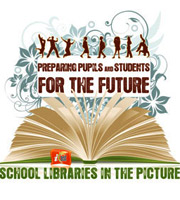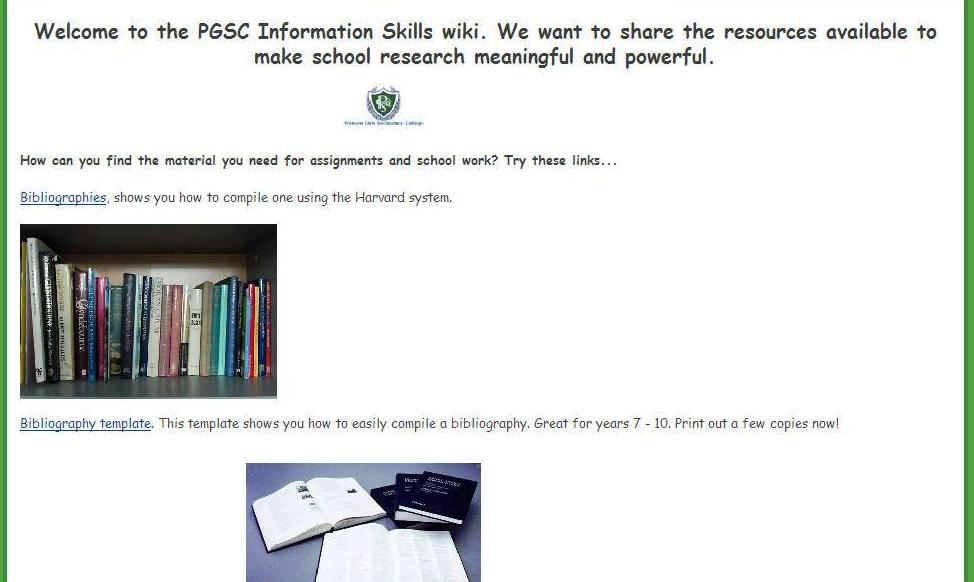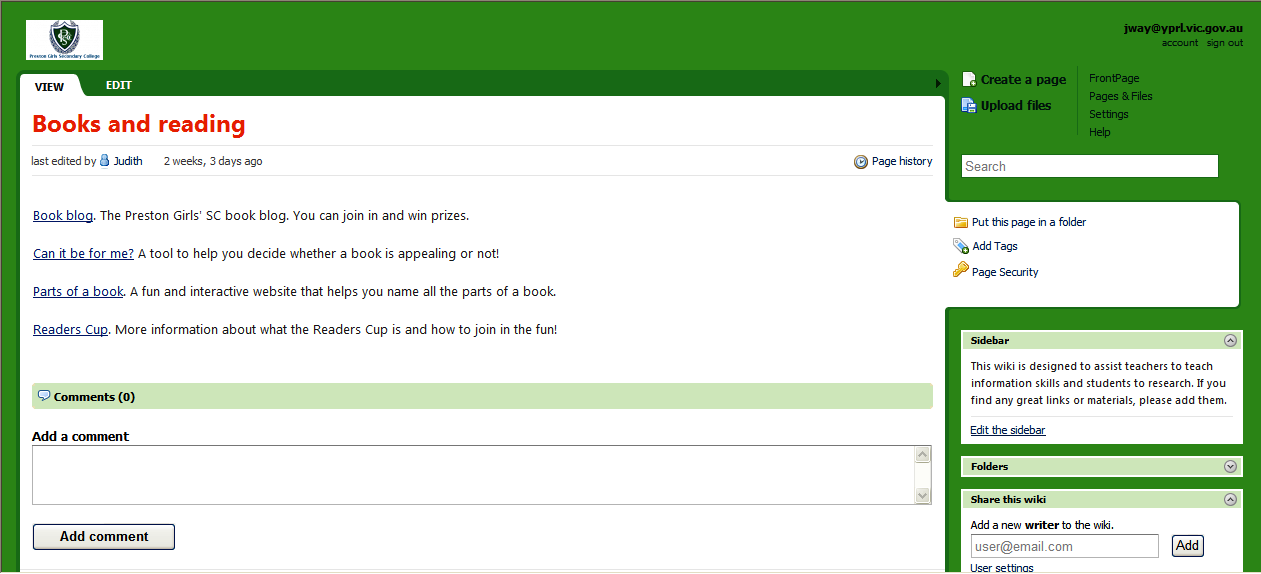This is an interesting take on what we are all trying to address. Rather than think of what we are teaching as information literacy, this project applies the term 21st Century fluency.
The site explains its aims:
This resource is the collaborative effort of a group of experienced educators and entrepreneurs who have united to share their experience and ideas, and create a project geared toward making learning relevant to life in our new digital age. Our purpose is to develop exceptional resources to assist in transforming learning to be relevant to life in the 21st Century. At the core of this project are our Curriculum Integration Kits – engaging, challenge based learning modules designed to cultivate the essential 21st Century Fluencies within the context of the required curriculum.
In today’s world, it’s easy to see just how vital the internalization of these fluencies really is. They are the essential methodology by which the students of today will transform into the architects and leaders of tomorrow. Working together, we will make the future great.
In addition to the various resources we have crafted, we have strived to make our site just as engaging and informative. We hope you enjoy your time with us as you move forward in to C.H.A.N.G.E. in your classroom.
The site has a lot of useful resources such as:
- downloadable presentation handouts
- reading lists (with book reviews)
- blog
- curriculum ‘kits‘
Anyone can join the project as long as they commit to:
- Understanding Digital Kids
- Catching up to the new digital landscape
- Teaching to the whole new mind
- Teaching beyond literacy to 21st Century fluency
- Shifting the responsibility for learning to the student
- Letting students access information natively
- Letting students collaborate
Another great resource that gives us ways to start and continue to transform our classrooms.



